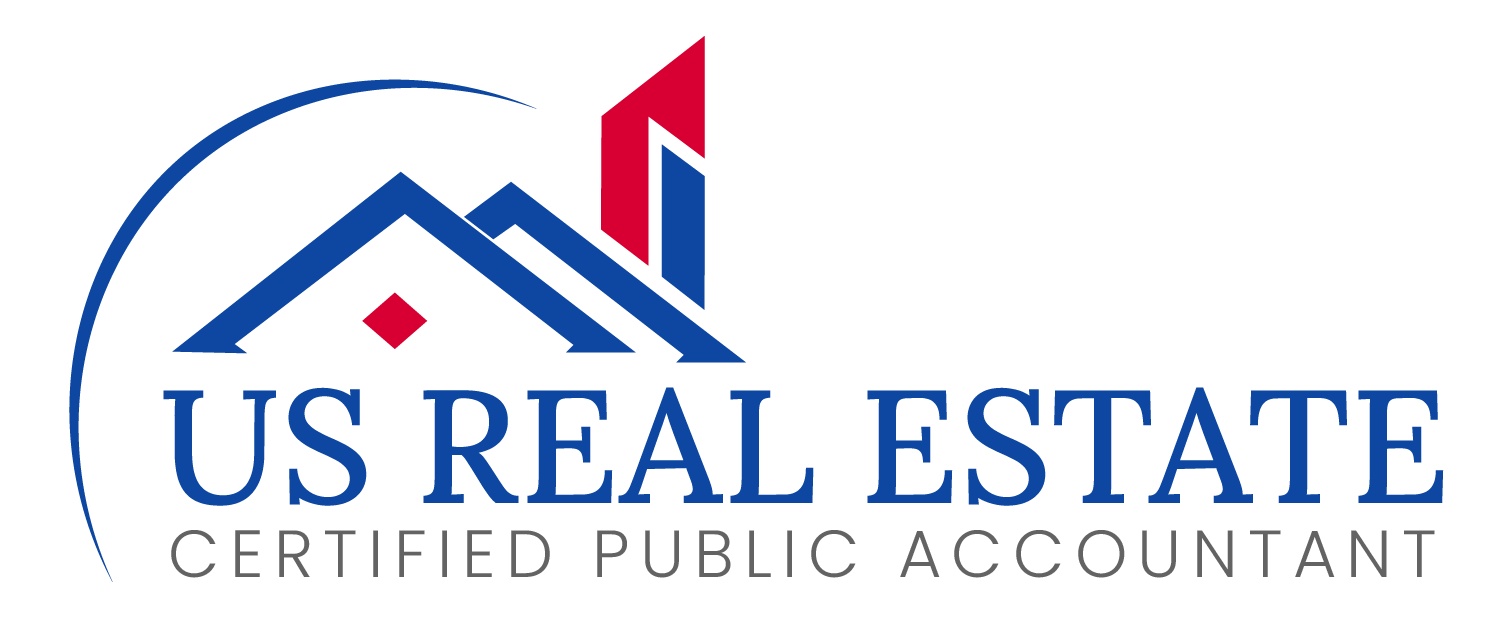
Is Buying a House With Cash a Good Idea in Today’s Market?
In today’s real estate market, where mortgage rates are painful and competition for homes remains intense, the idea of buying a house with cash might sound like a dream come true. No monthly mortgage payments and no interest rates to worry about.
But before you empty your bank account and hand over a suitcase full of cash, you should be taking a step back to weigh the pros and cons.
Why Sellers Love Cash Offers
Let’s start with the obvious: sellers love cash buyers. Because cash means certainty. There’s no waiting around to see if a buyer’s mortgage application gets approved or if the deal falls through at the last minute. The transaction is simple with cash, and the closing process can be lightning-fast.
All-cash offers can shorten escrow periods and eliminate some contingencies. In a competitive market, that can give you a serious edge. In some cases, it might even help you negotiate a lower price, though in today’s seller’s market, don’t expect a crazy-good deal just because you’re paying cash.
Where Does the Cash Come From?
If you’re considering buying a home with cash, you’ll need to determine where that money is coming from. Maybe it’s from years of diligent saving, an inheritance or even a generous gift from a family member. Whatever the source, keeping your homebuying funds in one account is a good idea. This makes it easier to track your money and means you’re ready to move quickly when you find the right property.
Experts recommend building an emergency fund before diving into a cash purchase. You should have enough savings to cover at least six months of living expenses. And if you’ve got extra cash lying around? Consider funneling it into a retirement account. After all, your home shouldn’t be your only nest egg.
The Hidden Costs of Buying With Cash
Here’s where things get complicated. Even if you’re paying for your home in full, there are still plenty of expenses to account for. Closing costs, for example, can add up to around 3% of the purchase price. These can be:
- Real estate transfer taxes (charged by your city or county)
- Title insurance fees
- Appraisal and home inspection fees
- Processing and filing fees for paperwork
And once you’ve closed the deal, the expenses don’t stop. Homeownership comes with a slew of ongoing costs, from property taxes and homeowners insurance to maintenance and repairs. We suggest setting aside money for unexpected issues. Things break. And it’s just part of owning a home.
If you’re moving into a community with a homeowners association (HOA), you’ll also need to budget for monthly or annual fees. These can range from $200-300 a month, depending on the amenities and services provided. And don’t forget about utilities: electricity, water, gas and trash collection can add up quickly.
The Pros and Cons of Going All-Cash
So is buying a house with cash a smart move?
Pros:
- Faster closings: Sellers love cash offers, which can help you secure the home you want.
- No mortgage payments: You’ll save on interest and avoid the stress of monthly payments.
- Stronger negotiating power: Cash can sometimes help you snag a better deal.
Cons:
- Tied-up funds: All that cash sitting in your home could be invested elsewhere, earning a bigger return.
- Unexpected costs: From property taxes to maintenance, homeownership isn’t free.
- Limited liquidity: If you need cash in a pinch, pulling money out of your home is not easy.
Companies That Help You Make Cash Offers
If you don’t have the cash on hand but still want to make an all-cash offer, some companies can help. Flyhomes, Better and Orchard are three leading services that allow buyers to make cash offers without having the full amount upfront. Those companies essentially front the cash for you and then help you secure financing later.
In today’s ultra-competitive market, it’s important to level the playing field for the average buyer, says Tushar Garg, co-founder and CEO of Flyhomes. Not everyone can make an all-cash offer, but with our services, his company is making it possible for more people to compete, he insists.
The Bottom Line
Buying a house with cash can be smart in a competitive market. It gives you an edge with sellers and eliminates the hassle of mortgage payments. But it’s not without its risks. Before you take the plunge, make sure you’ve accounted for all the costs—both upfront and ongoing—and that you’re not putting all your financial eggs in one basket.
At the end of the day, whether you pay with cash or take out a mortgage, buying a home is a big decision. Do your homework and make sure you’re ready for the responsibilities that come with homeownership. After all, the goal isn’t just to buy a house; it’s to build a home.



